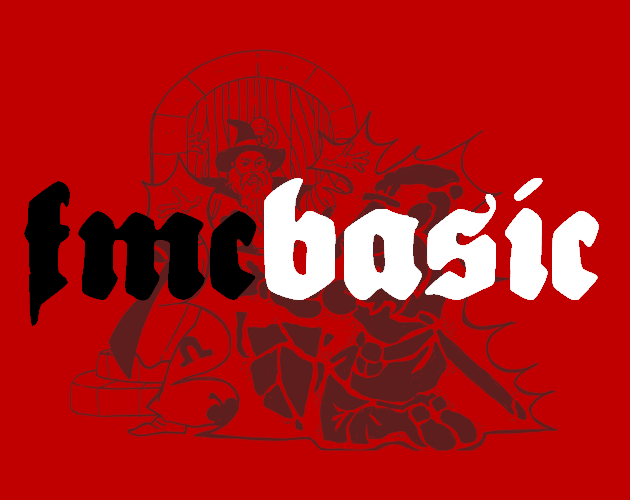grimmgoose
Adventurer
Yeah, that'd be about two hours, assuming we're all blazing-fastBut if a hundred orcs is an encounter which presents three 8th level fighters a similar challenge that 10 orcs did at 2nd level, and can be resolved in a reasonable period of time?
I get that it's "cool", but there are some things better described narratively to get to the stuff that's worth spending the time at the table. That's obviously going to vary from party to party.
We did Curse of Strahd, and there's an encounter that
pits the party against a ton of Twig Blights
At the end of each session, we do "stars and wishes"; basically what was your favorite and least favorite thing about the session. The consensus was, "I wish that fight had been a single roll, or skipped". There was no tension. It was "fun" for about two rounds, but the lack of threat made it boring.
I agree that sometimes it can be fun, narratively interesting, and mechanically challenging. I think that's pretty rare, though.




